The US Space Forces needs to get rid of Space Debris & Israel boosts their Space Industry
The Israel Space Agency, along with the Ministry of Innovation, Science, and Technology and the Israel Innovation Authority (IIA) approved this week an almost $6M grant for 11 space tech startups, aiming to boost the Israeli space market through R&D.
“The global space industry is at an unprecedented stage of growth. This program allows new Israeli players to enter this sector, and leverages our technological abilities. It’s a tremendous economic growth engine.”
Uri Oron, Newly appointed Director General of the Israel Space Agency.
The program aims to boost the Israeli space tech industry, help space tech startups to grow, improve their skills, improve Israel’s competitiveness in the market, and increase its scientific knowledge.
The selected companies are: Eicha Communication Systems, Paxis, Terra Space Lab, N.S.L. Communications, GorillaLink, GreenOnyx, HELIOS, Semiconductor Devices (SCD), Space Plasmatics, NewRocket and Ramon Space.
The US Space Force is looking for technologies in the private sector to help recycle, reuse and remove space debris.
“Our goal through Orbital Prime is to partner with innovative minds in industry, academia and research institutions to advance and apply state of the art technology and operating concepts in the areas of debris mitigation and removal”.
David Thompson, Vice Chief of Space Operations
Orbital Prime, a program run by SpaceWERX, is asking for proposals on the private and academic sector to solve the growing problem of space debris right as Darren McKnight, senior technical fellow at LeoLabs asks for faster, more effective solutions on the matter by the U.S. Space Force, which is currently tracking more than 40,000 objects in space (Only around 5,000 of which are still active).
This congestion endangers the long term sustainability of the space domain. It demands action and provides an opportunity for partnership in the search for innovative solutions to recycle, reuse or remove these objects.”
During the first phase of this program, which is due on February 17, teams can earn awards of $250K which could turn into $1.5M during the second phase of the program.


